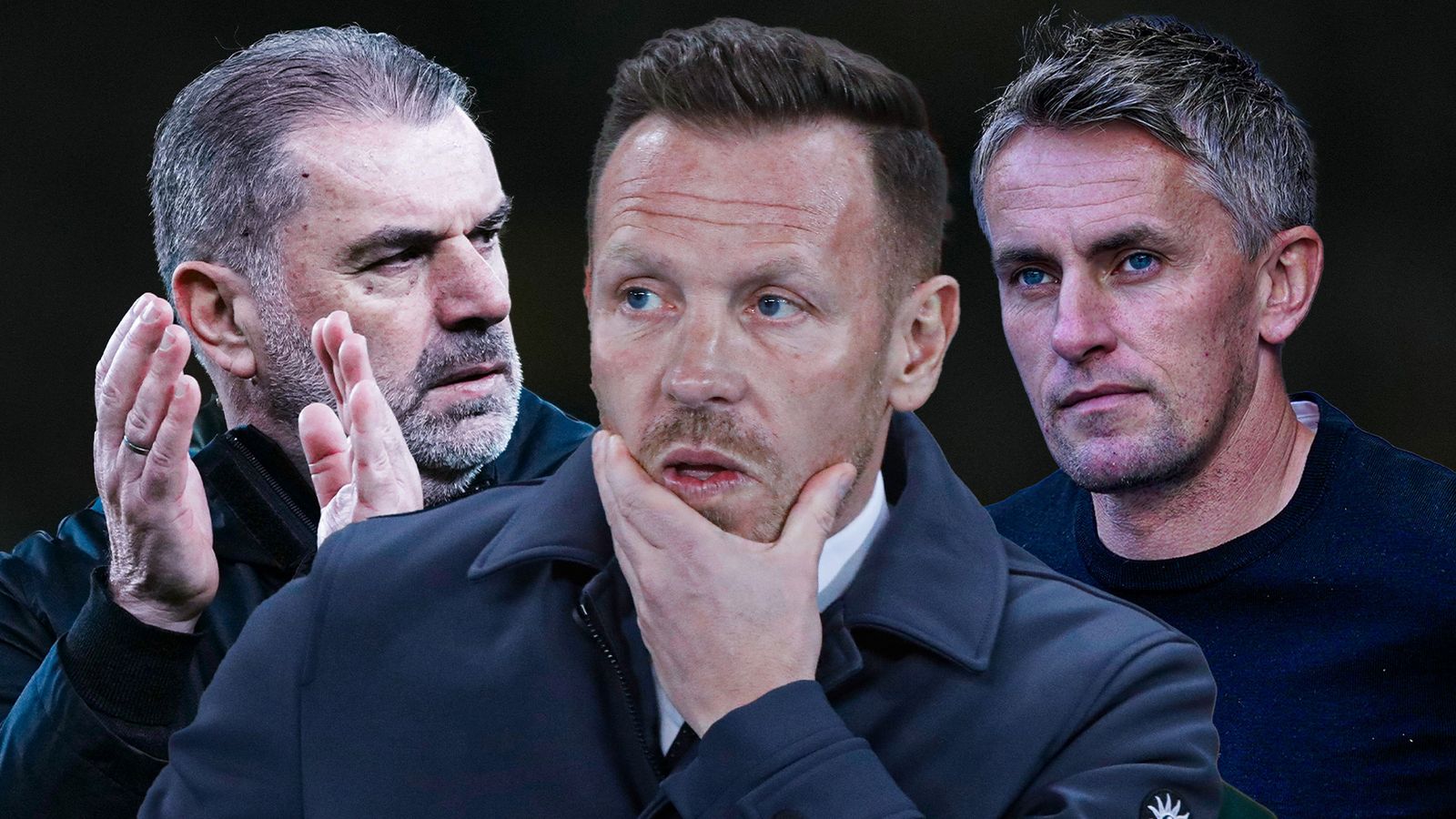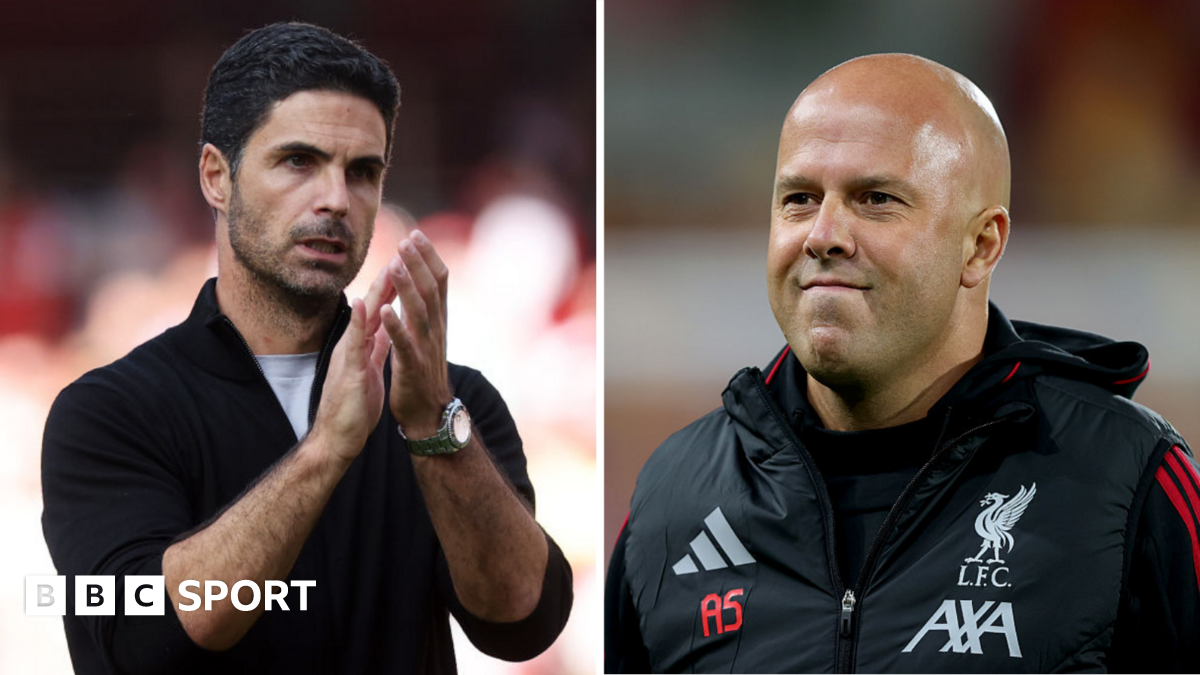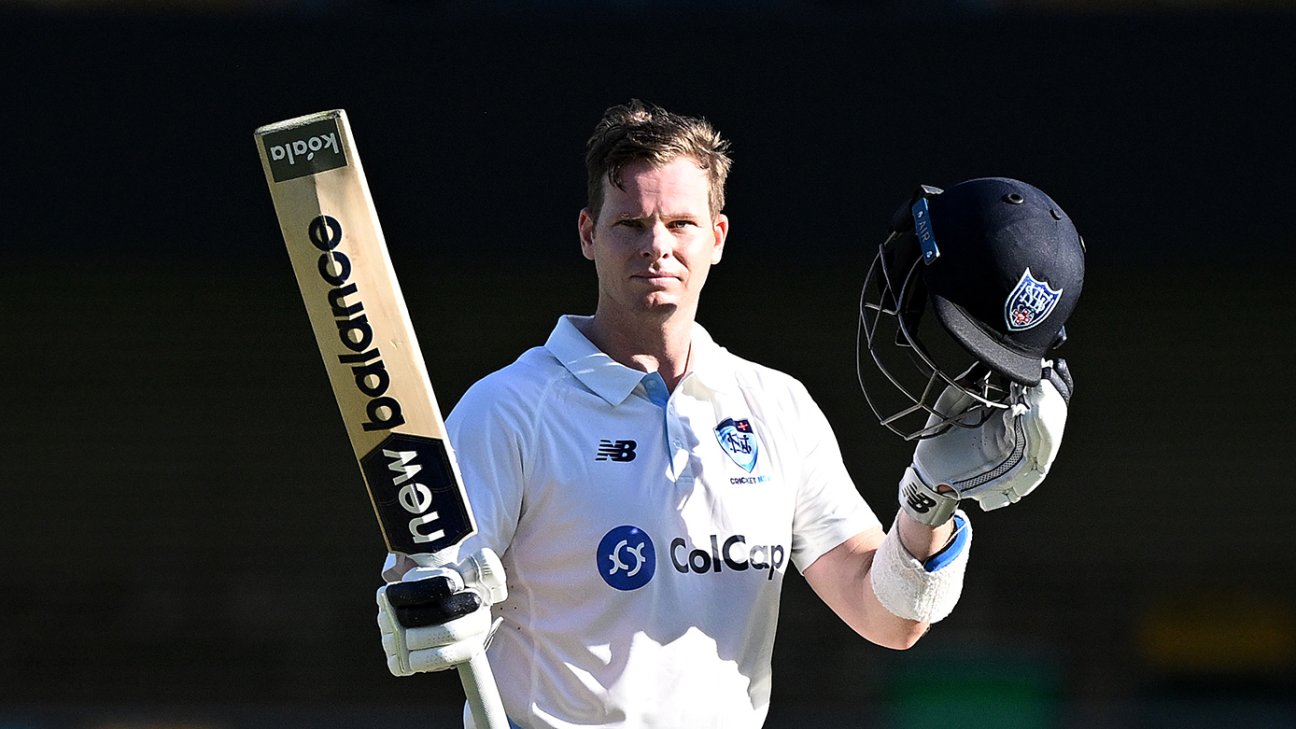Tony Pulis column: 'I was seen as a dinosaur but I don't see many managers moaning about set-pieces now'

Hello and welcome to my new BBC Sport column, Going Direct.From tactics to man-management, I'm going to be tackling a different aspect of the modern game every week, and comparing old-school ideas to new trends.There's only one place to start, and that's with the rise of set-pieces, which is probably the story of the season so far.I was seen as a dinosaur for my focus on dead-ball situations and long-throws with Stoke City when we were promoted to the Premier League in 2008, but I wouldn't say I feel vindicated by the way they are now in fashion - because I knew back then how important they were.My job, whoever I was manager of, was to get results. Yes, I was pragmatic, but I was also purposeful. I worked on my basic beliefs of being effective in a way that would help my club win games.The most important areas of the pitch are both ends, and not in the middle. By hook or by crook, you must keep the ball out at one end and put it into the net at the other.Attacking set-plays, and also defensive ones, are becoming more prevalent this season, with Mikel Arteta's Arsenal side leading the way, but this is not a new concept.Way before Arteta's time, there were young coaches and managers fully aware of the benefits, which clubs today are reaping the rewards from.Looking back now at the notes I made when Stoke went up to the top flight, we knew one of the things we had to nail down was set plays in the top end of the pitch because if we did them properly, it would help the team get results.In tight games in the Premier League, especially in the first couple of years we were there, they were the difference between us picking up points and dropping them - and staying up or going down - so we worked really hard on them.The same principles apply for Arteta and Arsenal now, just at the top end of the table.Like me, he has recognised how important clean sheets are and he has also recognised that a lot of his games last year were drawn. So, he has looked for a way to turn those draws into wins.More than 20% of all the non-penalty goals scored in the Premier League last season came from corners or free-kicks so Arteta has probably looked at those stats and thought if we can get a chunk of it to add to what we've got, we've got a good chance of becoming a winning team.His ambition is to win the Premier League for Arsenal, and he has now added another string to his bow. His team is full of talent and can now outplay sides in open play, keep clean sheets and, on top of that, they can score regularly from set-plays too.I think it's brilliant that Arteta has embraced set-pieces and, like me, I don't think he will give a damn about the people who want to knock him for doing it.Whichever club you are at, and whatever your approach, you are always going to be in a situation where there is going to be noise and criticism from outside but if you are winning games then your supporters will be absolutely delighted about it.We saw that from the Arsenal fans, who were singing 'set-piece again, ole ole ole' when Eberechi Eze got on the end of Declan Rice's free-kick for their winner against Crystal Palace on Sunday.I do find it funny that 10 or 12 years ago, I was taking a lot of flak from Gunners supporters and Arsene Wenger was saying that Stoke were a rugby team because of our corner routines and long throws.That's another reason why I have got nothing but respect for Arteta, because he has seen all of that at the time and just thought, 'you know what, doing that could help us'.I've seen the mocked up picture of him dressed as me,, external including my baseball cap, and I love it - he makes me look good-looking!Wenger is probably shaking his head about what Arsenal are doing but I know Arteta sees the Stoke comparisons as a compliment and so do the other Premier League managers who are doing the same.Wenger never seemed to appreciate the value of set-pieces, and he also found it difficult to play against teams who were direct like us, so he did everything he possibly could to affect that by complaining about people like Sam Allardyce and myself.I can understand why he did that, it's common sense, but I don't see many managers now moaning about it - even the ones who want to play in a different way to me.When it keeps happening, you have people realising and recognising it. It's like when Stoke were at the Britannia Stadium and we'd get a throw and the crowd would be cheering and cheering until Rory Delap threw it, because it was an event.It is becoming that way with Arsenal now too - they are taking corners and the crowd is up before the ball is even played. The expectation, and the pressure they put on the opposition, is amazing. There is still criticism, of course, but all the praise Arteta is getting is fully deserved.One of the things that is different about it now is that I did all the set-plays myself when I was with Stoke, Crystal Palace or West Brom, but Arteta has brought in Nicolas Jover as a specialist set-piece coach, and they are enjoying huge success.So, maybe Big Sam and myself were trend-setters after all but I'd stress that I didn't give a damn when we were getting criticised so much because I knew their value to the club I was at.Some people were snobbish and looked down at what we did, but no-one was snobbish inside the club - we laughed at the situation, because we knew it was bringing us rewards and, at the time, we weren't going to tell anyone.Sean Dyche is the same. He talked about how the fashion of football changes all the time when he came on the Managers podcast I do with Mick McCarthy last week, and then said the same when he got the Nottingham Forest job a few days later, and mentioned me and Stoke's long throws.For Dyche, like myself, what matters is winning.Tony Pulis was speaking to BBC Sport's Chris Bevan.









